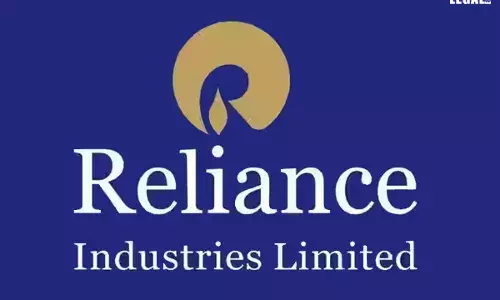Madras HC In Maintainability Of The Writ Petition In A Contractual Matter
On 7th October, 2020 a Writ Appeal was filed before the Hon'ble High Court of Madras by the appellant Indian Oil;

Madras HC In Maintainability Of The Writ Petition In A Contractual Matter: Whether The Dispute Would Fall Within The Purview Of 'Public Law Remedy' Or A 'Private Law Field.'On 7th October, 2020 a Writ Appeal was filed before the Hon'ble High Court of Madras by the appellant Indian Oil Corporation against the impugned judgement passed by a single learned Judge dated 30 November, 2019,...
Madras HC In Maintainability Of The Writ Petition In A Contractual Matter: Whether The Dispute Would Fall Within The Purview Of 'Public Law Remedy' Or A 'Private Law Field.'
On 7th October, 2020 a Writ Appeal was filed before the Hon'ble High Court of Madras by the appellant Indian Oil Corporation against the impugned judgement passed by a single learned Judge dated 30 November, 2019, questioning the validity of the writ petition which was filled by the respondent petitioner and was allowed even though the pre-closure of the contract was invalid and contrary to law. The learned Single Judge had proceeded to allow the writ petition and had quashed the termination of the contract on the ground that no reasons have been assigned thereto.
The appellant pleaded that there was a stipulation that the contract shall be for a period of one year and liable to be extended for another period of one year at the discretion of the appellant Corporation. It was submitted the contract has to be construed for a period of one year only and which period expired on 31.7.2020. No further relief can be extended to the first respondent petitioner, as the contract has not been extended at the discretion of the appellant Corporation for a further duration of one year, and therefore, the continuance extended under the impugned judgment deserves to be set aside. It was urged by the appellant that the availability of a specific remedy of arbitration, which cannot be avoided by the first respondent petitioner, as no ground for interference had been made out under Article 226 of the Constitution of India. He submits that the public law remedy would not be available to the first respondent petitioner in this case, as it was a private contract. The appellant pleaded the writ petitions ought not to have been entertained and hence, the appeal deserves to be allowed.
The court remarked that the order of pre-closure was deficient in the eyes of law. The court was in agreement with the e learned Single Judge and the arguments of the learned counsel for the first respondent petitioner, however they did not approve of the direction under which the impugned judgment to continue adherence to the contract beyond the period of one year or the authority of the appellant to terminate the contract. Further with regards to the maintainability of the Writ Petition in a contractual matter to assess whether the dispute would fall within the purview of 'Public Law Remedy' or a 'Private Law Field.' It was also found that the issuance of the communication of preclosure was abrupt without any reasons and to that extent, it was unfair. The learned single Judge ought to have limited the exercise of jurisdiction, if at all only to that extent but beyond that it was a private contractual arbitral dispute that would be governed by the terms of arbitration as the proper platform for appropriate remedy.
Therefore, the court observed the directions issued by the Single learned Judge for adherence to the agreement for continuing the contract must be set aside. In furtherance, if the first respondent petitioner seeks any continuance or extension of the contract, the same is at the sole discretion of the Corporation or in the event any dispute is preferred by the first respondent petitioner, then the arbitration platform will have to be availed of and hence the appeal was allowed to the aforesaid extent.





